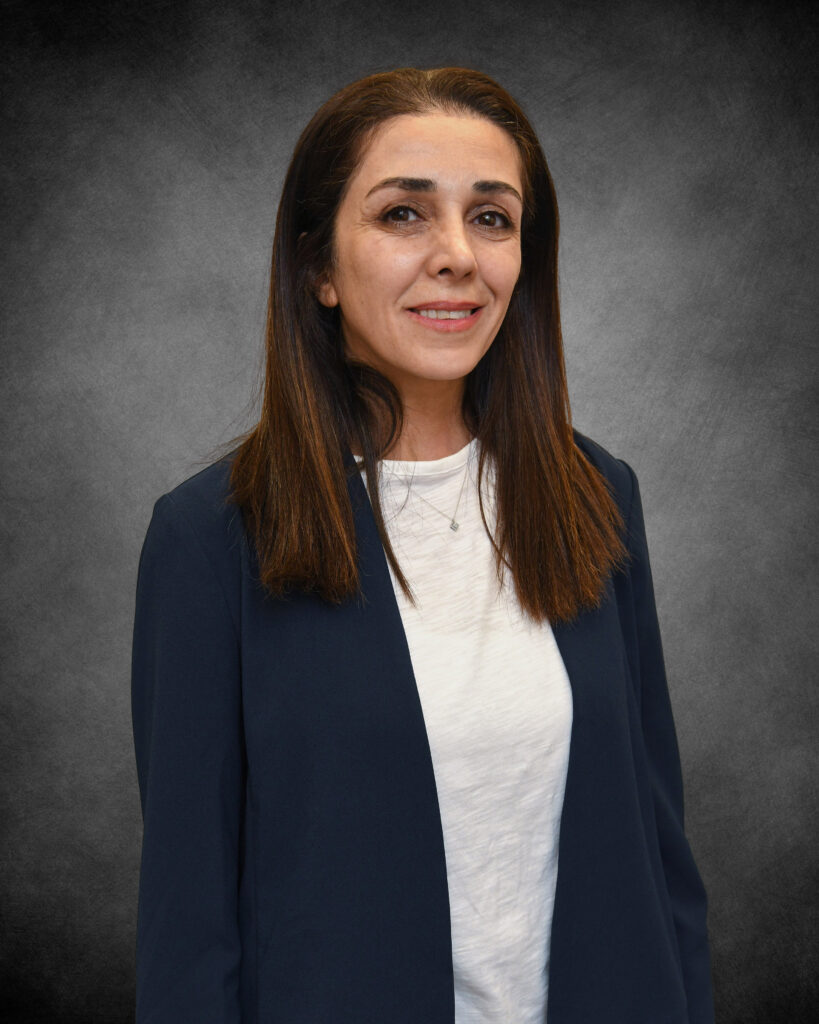PRINCESS ANNE, MD- (May 21, 2024) — Agricultural researchers at the University of Maryland Eastern Shore were recently awarded $2.7 million over three years to fund four climate-smart projects and a pet food safety study. The awards were among 68 capacity building grants funded as part of the U.S. Department of Agriculture’s $30.8 million investment in the nation’s historically Black land-grant universities.
“This investment will strengthen the ability of 1890 Land-grant Universities to deliver innovative solutions that address emerging agricultural challenges impacting diverse communities. Building the research and training capacity of the nation’s universities is critical as they continue to develop and guide the next generation of agricultural leaders,” USDA National Institute of Food and Agriculture Director Dr. Manjit Misra said in a May 17 announcement.
Grapevines
Among the awardees, Sadanand Dhekney, a professor of plant breeding and biotechnology at UMES, is developing climate-smart grapevine cultivars. The project’s goal is improving the quality and shelf life of fruit through precision breeding and genome editing.
“Rising temperatures attributed to climate change causes heat stress on grapevines resulting in sunburn damage and poor color production in berry clusters, which can decrease fruit shelf life,” Dhekney said. “Precision breeding and gene editing involve modifying grape genomic DNA sequences, which is more consumer and eco-friendly than traditional breeding and avoids concerns about GMOs.”
Along with developing cultivars that can overcome heat stress, the grant also funds extension activities to increase grower awareness of grapevine canopy management practices. His work is timely as Maryland aims to boost grape production through a new law requiring the state’s farm wineries to grow at least 20 acres of their own grapes or other fruit, or 51 percent of their ingredients sourced in-state.
Poultry
Poultry production is a main economic driver on the Delmarva Peninsula. Dr. Fawzy Hashem, a research associate professor in UMES’ Department of Agriculture, Food and Resource Sciences, and collaborators are developing litter management practices aimed at reducing ammonia emissions to support poultry health during flock growth, along with improving soil health and helping growers enhance broiler chicken production.
“Our project focuses on the environmental and production benefits of using sterile Miscanthus x Giganteus for bedding in broiler chicken houses,” Hashem said. “Poultry growers, crop producers and UMES students will receive hands-on training in its use for bedding and in composted litter for soil health and crop disease control.”
Climate-smart agricultural practices
Another climate-related project will look at agricultural practices for small-scale and minority-owned farms awarded to Dr. Lila Karki.
“Climate-smart practices help enhance the resilience of agrifood systems, build healthy soil, conserve natural resources, reduce greenhouse emissions and increase carbon sequestration,” said Karki, an assistant professor of agricultural economics and UMES Extension specialist.
Among the most recognized methods are minimizing soil tillage and cover cropping. Karki’s project involves an alley cropping system, (planting alternating row sections of fruit with that of specialty or ethnic vegetables and medicinal plants). He and fellow researchers will also be determining the potential of silvopasture (integrating trees, forage and livestock grazing) for mitigating greenhouse gas emissions from small ruminant animals.
Soil study in climate-resilient bioenergy crops
Researchers at UMES aim to help area farmers by addressing agricultural sustainability, food safety, soil health and mitigation of climate change.
“In order to meet rising food and energy demands on a global scale, existing farms will need to produce more while minimizing environmental tradeoffs,” said Dr. Mozhgan Sepehri, a research scientist and soil molecular biologist. “Agricultural systems will need to be modified at different levels ranging from soil and crop husbandry to plant genetic and microbiome management.”
Sepehri, the research project lead, aims to enhance crop productivity in corn and soybeans by transferring, through inoculation, climate resistant microbes adapted in bioenergy crops, specifically switchgrass and Miscanthus.
“My goal is to isolate, identify and evaluate the potential for plant resilience and adaption solutions through soil microbiome.”
Pet food safety
Also among the grants recently funded through USDA-NIFA is a project to identify and assess the prevalence of antimicrobial-resistant pathogens, particularly Salmonella, in commercial pet foods in the U.S. and the risk of cross-contamination with pet owners.
“This research aims to help pinpoint high-risk products and contaminants, and target and improve strategies for intervention,” said Dr. Janak Dhakal, an assistant professor of animal science at UMES and project director. “Our findings will help inform regulatory agencies, pet food manufacturers and consumers, and enhance industry practices.”
Capacity building grants are awarded for three years with funding at $600,000 for research grants and $300,000 for teaching grants.
Gail Stephens, agricultural communications and media associate, University of Maryland Eastern Shore, School of Agricultural and Natural Sciences, UMES Extension, 410-621-3850, gcstephens@umes.edu.
Photos by Todd Dudek, ag communications photographer, University of Maryland Eastern Shore, UMES Extension, tdudek@umes.edu.






